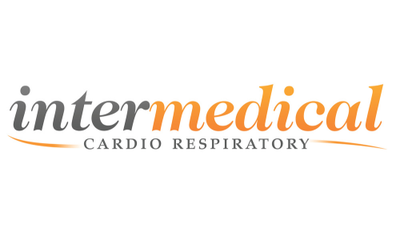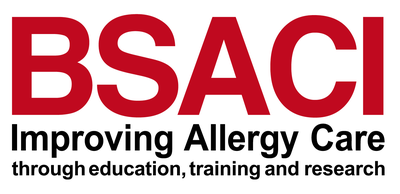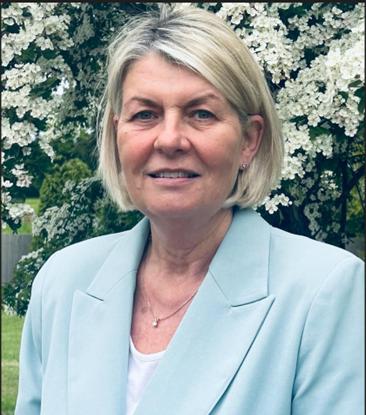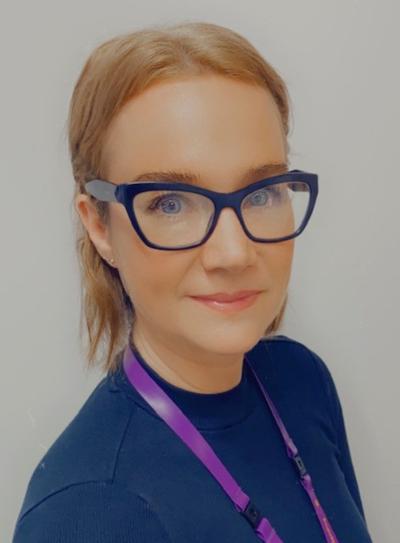Respiratory Professional Care conference programme is brought to you by CloserStill Media Limited (Organiser of Respiratory Professional Care), in association with our partners and sponsors. The views and opinions of the speakers are not necessarily those of CloserStill Media Limited or of our partners and sponsors.
AstraZeneca has provided a sponsorship towards this independent programme. AstraZeneca has had no editorial input into or control over the agenda, content development or choice of speakers, nor opportunity to influence except for the AstraZeneca sponsored symposia.
Respiratory Skills Theatre Programme
-
Respiratory Skills Theatre
-
Respiratory Skills TheatreThis session aims to give a background to breathlessness, connect breathlessness with breathing pattern disorders, describe the MDT management of complex breathlessness, suggest some ways in which Buteyko breathing methods can support this, review the evidence and practice some techniques together.
-
Respiratory Skills Theatre
-
Respiratory Skills TheatreOptimum Patient Care (OPC) is a not-for-profit social enterprise. It has over 19 years of experience in supporting quality improvement activities and research across England, Scotland, Wales, Northern ...
-
Respiratory Skills Theatre
-
Respiratory Skills Theatre
 In this session, a summary of evidence supporting applications of high flow therapy in patients with COPD will be provided and implementation of nebulisation through high flow therapy will be discusse ...
In this session, a summary of evidence supporting applications of high flow therapy in patients with COPD will be provided and implementation of nebulisation through high flow therapy will be discusse ... -
Respiratory Skills Theatre
-
Respiratory Skills Theatre
-
Respiratory Skills Theatre
-
Respiratory Skills TheatreAnnual asthma reviews delivered in group clinics are a powerful way to reduce repetition, enhance patient learning, and foster a supportive environment where peers share experiences. Both face-to-face and virtual formats have proven effective, with added opportunities for collective inhaler technique checks and discussions around triggers and medication. This session provides clinician-led insights into the practicalities and benefits of group asthma care, equipping participants with the confidence and inspiration to trial this innovative approach in their own practice.Speakers
-
Respiratory Skills Theatre
 Asthma diagnosis and management are undergoing a paradigm shift, with Fractional exhaled Nitric Oxide (FeNO) increasingly recognised as a valuable biomarker of type 2 airway inflammation. The latest N ...
Asthma diagnosis and management are undergoing a paradigm shift, with Fractional exhaled Nitric Oxide (FeNO) increasingly recognised as a valuable biomarker of type 2 airway inflammation. The latest N ... -
Respiratory Skills TheatreAround 1 in 10 children has asthma but there may be some reluctance to make a diagnosis and 'label' a child. As a result, children with asthma may be at risk of symptoms and exacerbations because of a ...
-
Respiratory Skills Theatre

-
Respiratory Skills Theatre

-
Respiratory Skills TheatreThis session provides a structured introduction to the identification and diagnosis of common sleep disorders seen in primary care. Using case-based discussion, we will highlight how sleep issues present in day-to-day consultations and how to distinguish insomnia from other sleep conditions. The talk will focus on practical strategies that can be implemented immediately in practice, in line with the latest NICE guidance and clinical evidence. This will include the role of cognitive behavioural therapy for insomnia (CBT-I), the limited role of medication, and clear referral criteria for secondary care or specialist services. The emphasis is on empowering clinicians with a straightforward, evidence-based framework to improve patient care.


















